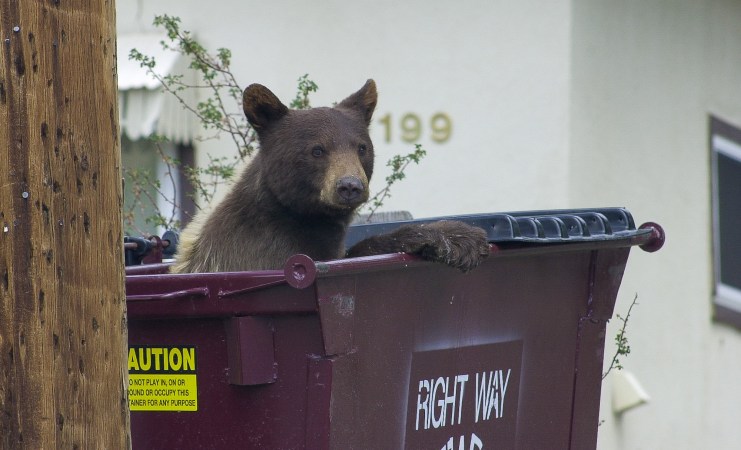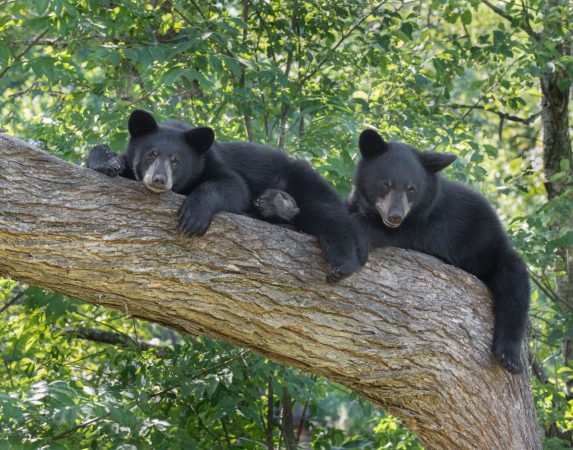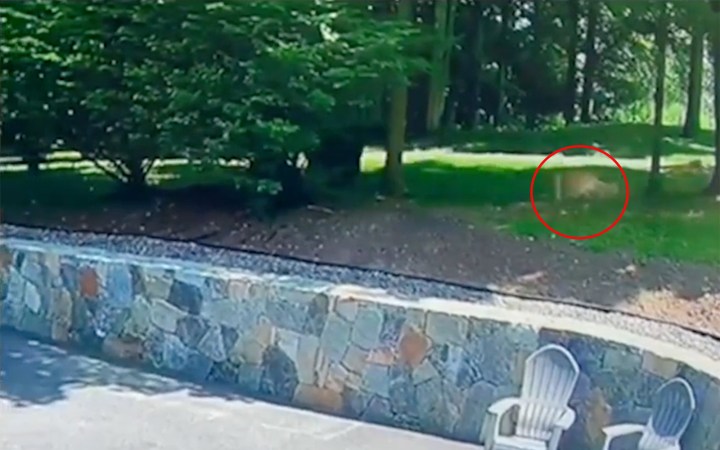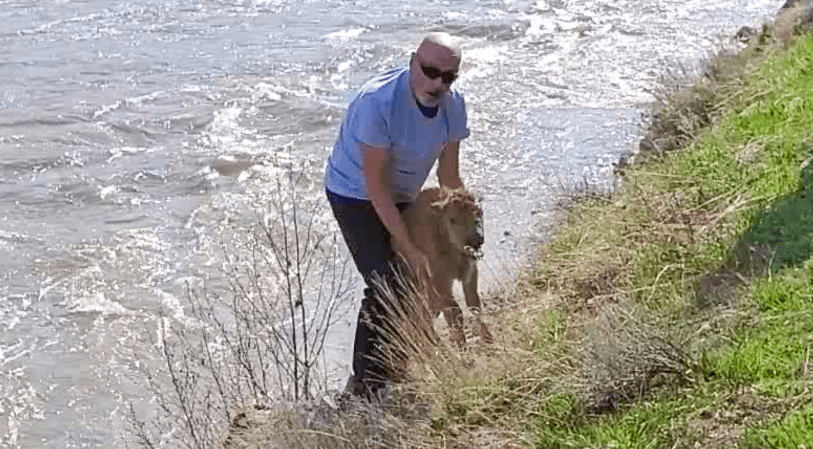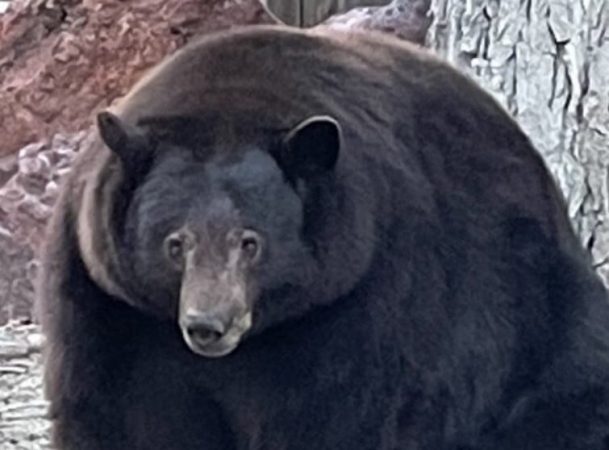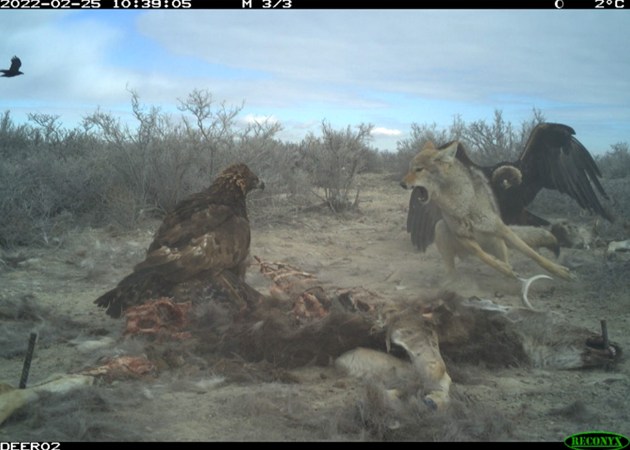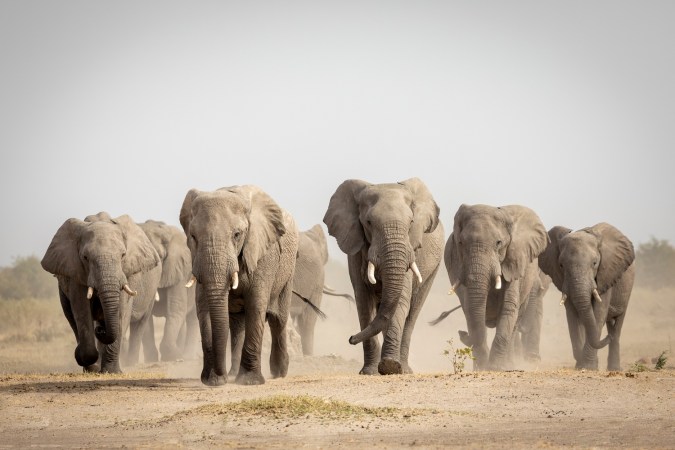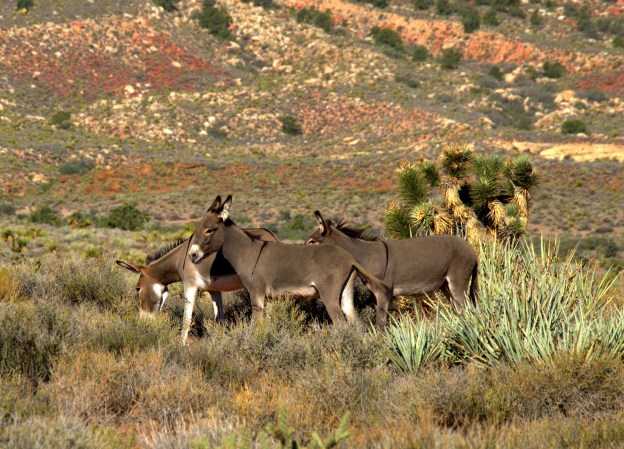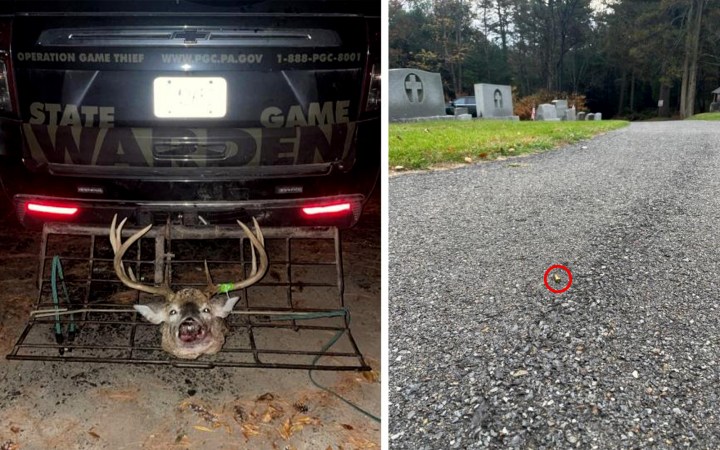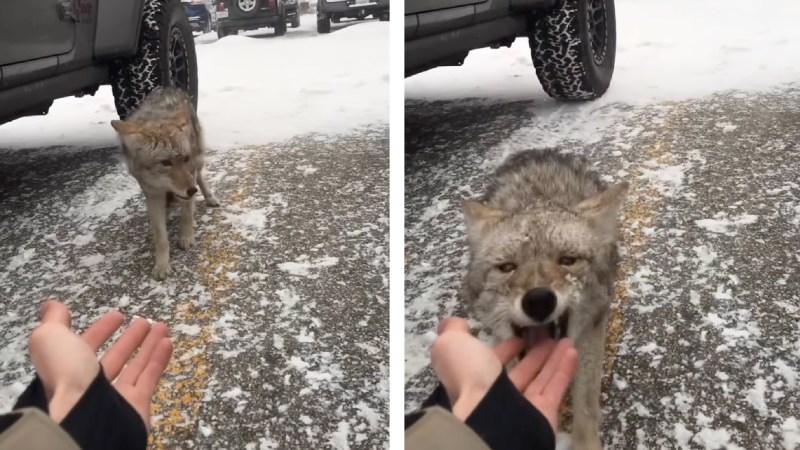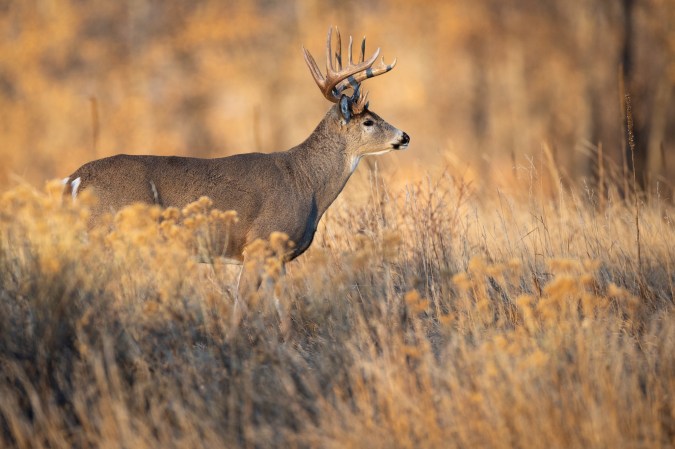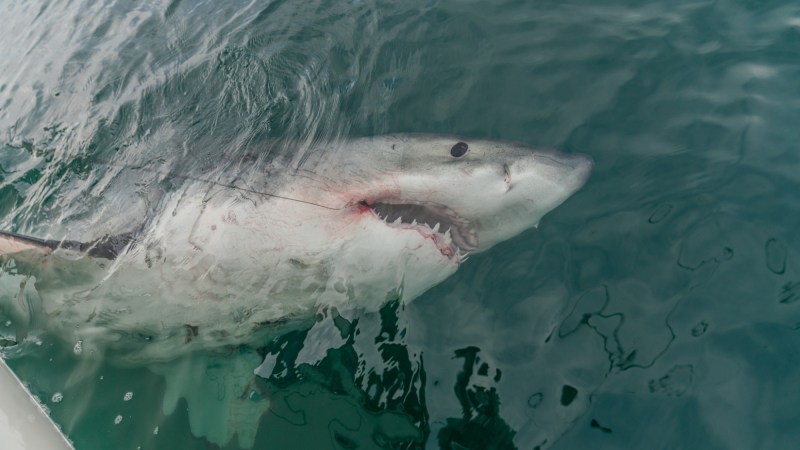Oregon officials are reminding the public of the consequences of feeding wildlife after they had to euthanize a black bear this week that was being intentionally fed by people in Cottage Grove. The Oregon Department of Fish and Wildlife said in a press release that the 2-year-old black bear had lost its fear of people and was a danger to human residents of the city, which lies along the I-5 corridor roughly 20 miles south of Eugene. At ODFW’s request, a member of the Oregon State Police killed the bear on Monday night.
The agency explained that a car dealership in Cottage Grove was at least partly to blame for intentionally feeding the bear and allowing it to become so food-conditioned. Although ODFW wouldn’t reveal the name of the dealership when asked by a reporter with The Register-Guard, the agency said that in early March, it had warned a local car dealership and one of its employees to stop intentionally feeding the black bear. Doing so is considered a class A misdemeanor in Oregon, punishable by up to a year in prison and up to $6,250 in fines.
The bear first showed up in Cottage Grove around March 5, and sightings became more common throughout the month. ODFW said wildlife officers had been trying to capture the black bear over the last three weeks, but that an incident earlier this week gave them no choice but to euthanize it.
“This week, the bear cornered a woman as she attempted to enter her house and subsequently went to sleep on a neighbor’s front porch,” ODFW said in the press release. “These are not normal behaviors for a wild black bear.”
The agency went onto explain that relocation wouldn’t have been an option in this case. Food-conditioned black bears tend to return to where they were caught, and even if they don’t, they’ll usually repeat the same bad behaviors in another location. Sending it to a zoo or wildlife rehabilitation facility wasn’t an option either, as ODFW only considers cubs as potential candidates for these places.
Read Next: Some Dude Named Steven Says We Should Feed Lake Tahoe’s ‘Suffering’ Bears. That’s a Terrible Idea
“Bears … have a great memory when it comes to food,” ODFW said. “Not only will they remember where they have found food before, including trash, but female bears will also pass this knowledge down to their young.”
Although the agency didn’t mention specific instances of this, the exact thing occurred with a well-known bear in northern California. Known by locals as “Hank the Tank,” the 500-pound female black bear had become notorious for leading her cubs on pantry raids around South Lake Tahoe. State officials linked the obese bear’s DNA to at least 21 home invasions in the area and they eventually decided to ship it off to Colorado.


